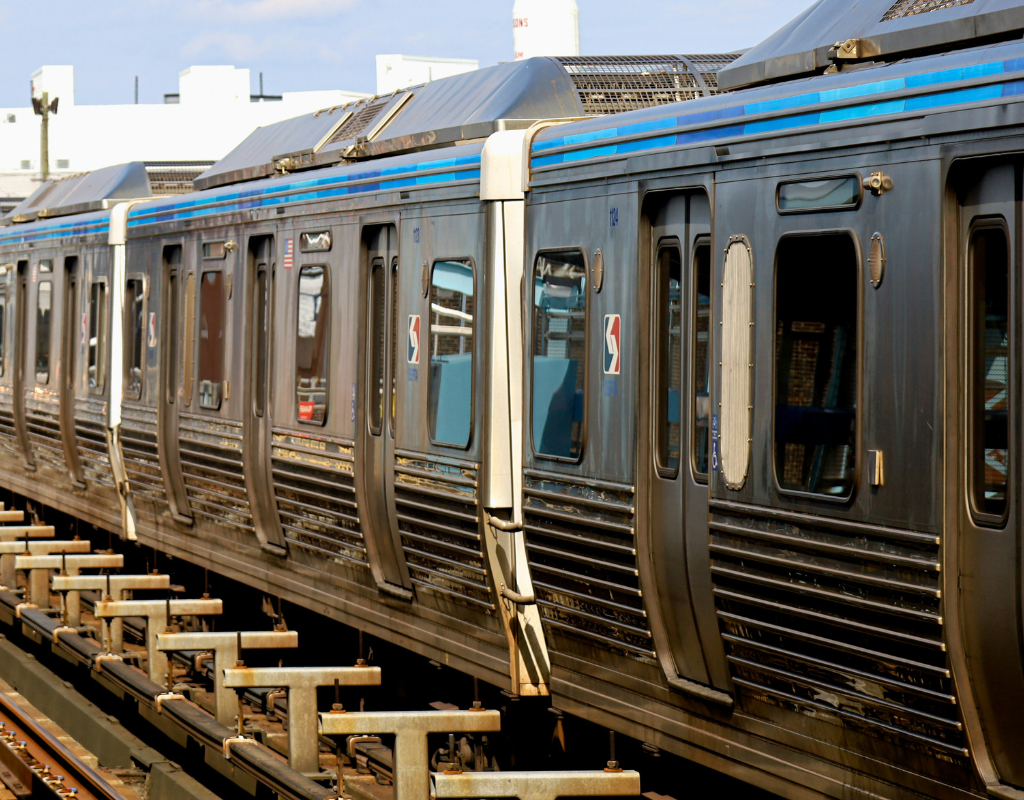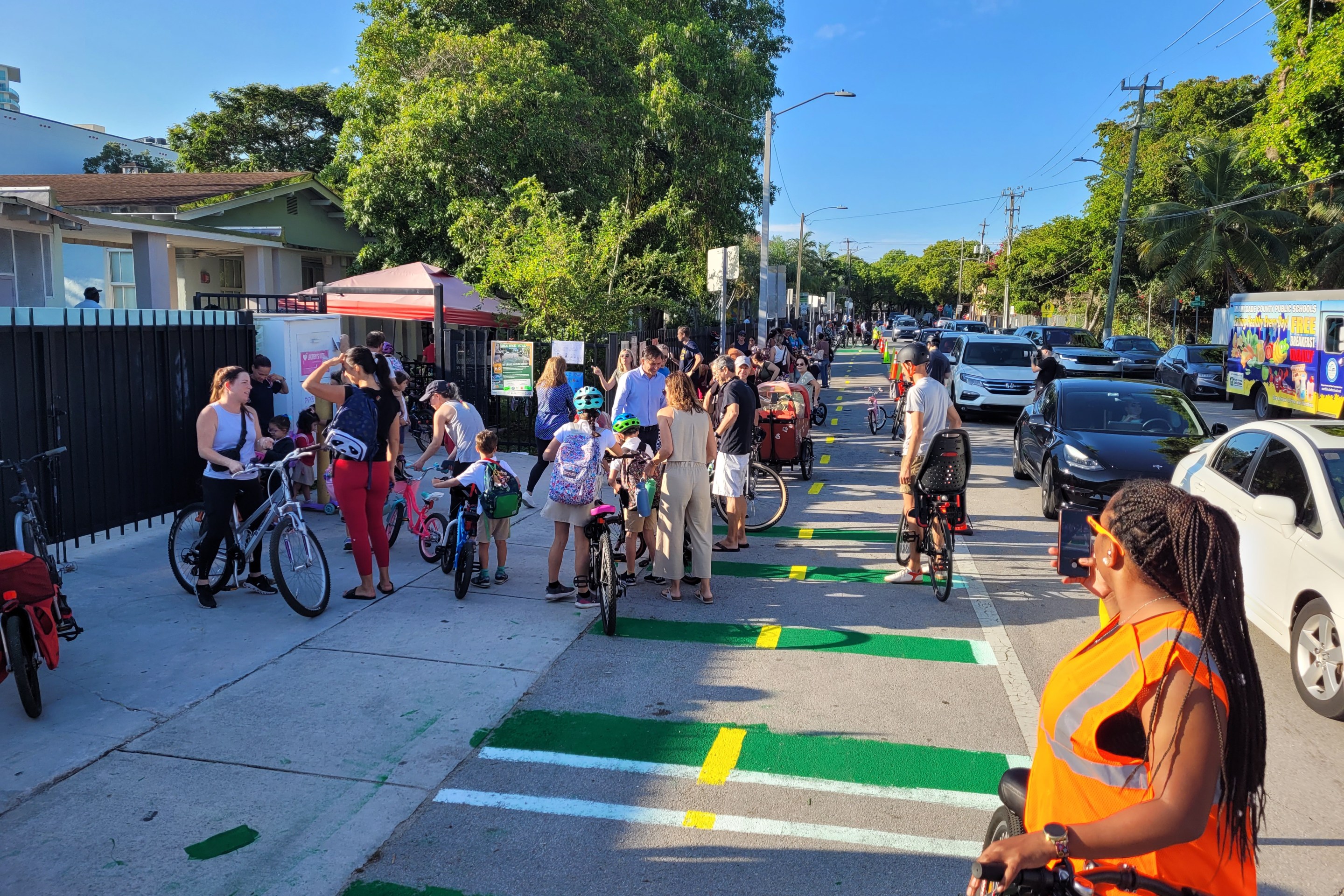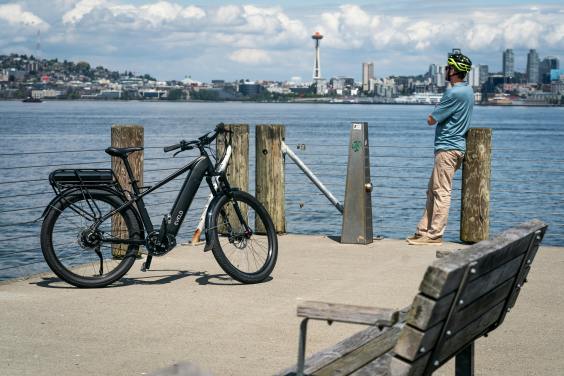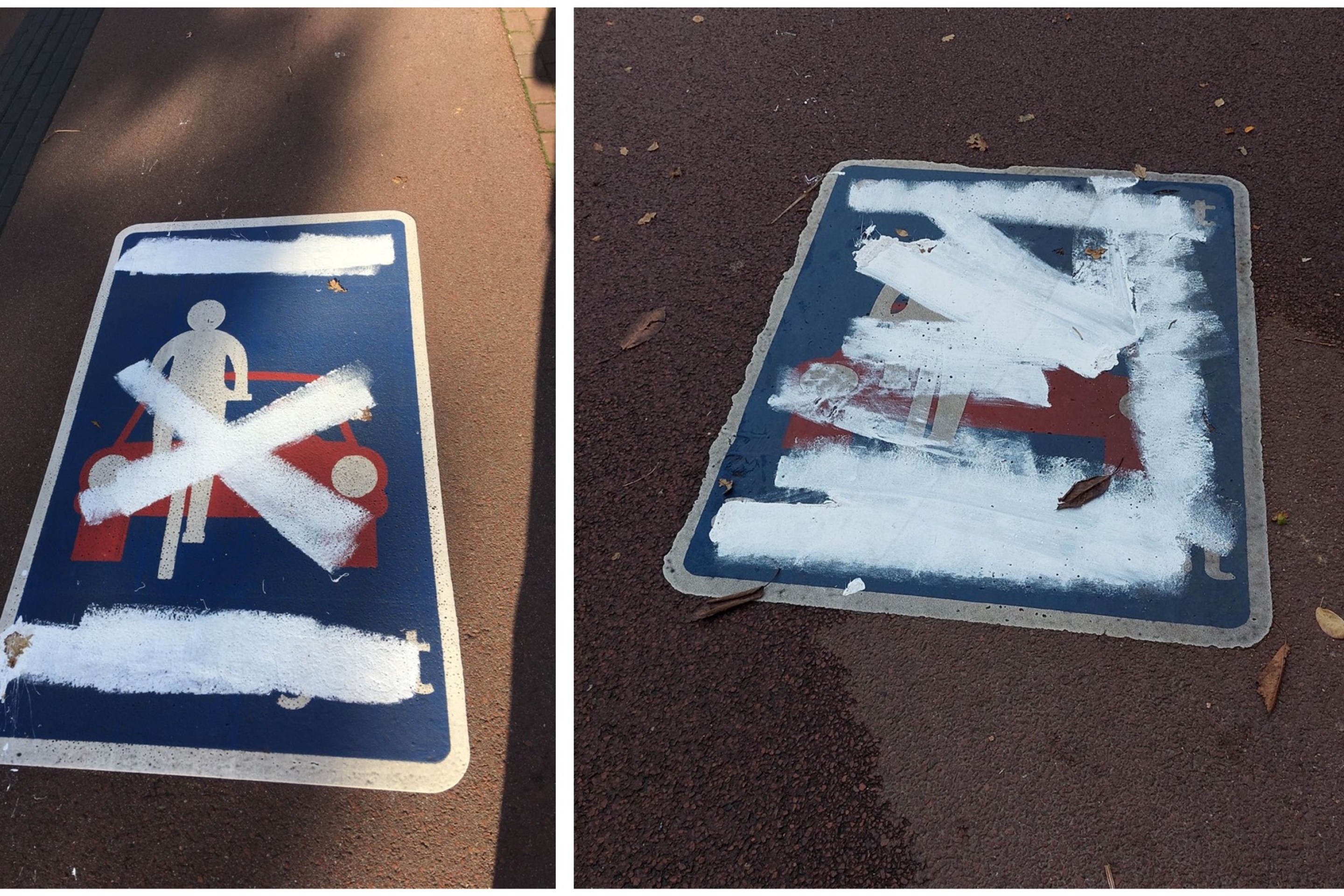During the first stimulus debate, House Democrats and the White House famously sparred over how quickly infrastructure money could be spent -- with the data later proving that transit was just as "shovel-ready" as roads, if not more so.
 (Photo: DMI Blog)
(Photo: DMI Blog)Now that transportation policymakers have turned to stemming the rising unemployment rate, three transit advocacy groups examined the age-old question of how many jobs are created per $1 billion of spending on transit versus roads.
But this study, conducted by the Center for Neighborhood Technology (CNT), Smart Growth America (SGA), and the U.S. Public Interest Research Groups, used numbers taken directly from the stimulus job-creation reports that every state sends to the House transportation committee.
According to the most recent report to Congress [PDF], 16,419 direct job-months were created by every $1 billion in transit aid. Roads lagged behind with 8,781 job-months created per $1 billion in stimulus aid.
SGA state policy director Will Schroeer said the study -- using jobs math endorsed by lawmakers as recently as last week -- sends a message to Congress that transit spending in the House jobs bill should be increased.
"If your goal, as it seems to be, is first to create jobs,
then your own data is saying we should be spending more on transit," Schroeer said in an interview.
It's important to note two factors that make today's study different from previous looks at infrastructure job creation.
The three groups looked only at direct jobs, not employment indirectly spurred by new transit and road work (sometimes referred to as the "multiplier effect"). The transit industry's estimate of as many as 36,000 jobs created by $1 billion of transit spending factors in that indirect hiring.
Also, the "job-months" designation refers to one month of work by one person, rather than one full-time, sustained job. That devilish detail has sparked controversy over the legitimacy of the White House's job-counting methods for the stimulus law, not just its transportation provisions.
Asked about the lingering uncertainty over job counting, Schroeer said the three groups conducting the study were not intending to test the viability of states' reports to Congress, merely to apply Democratic leaders' own jobs math to their stimulus spending patterns.
And on that score, transit would seem to come out ahead yet again.





